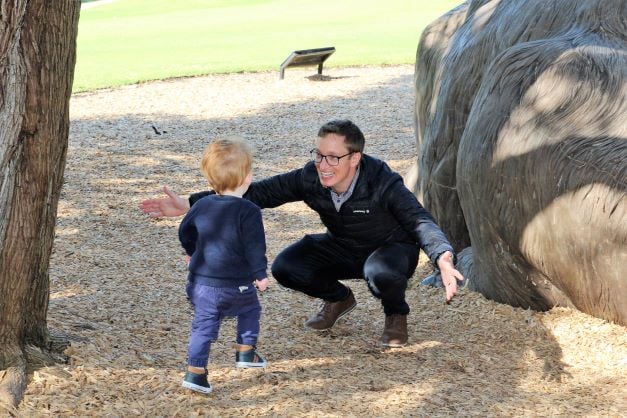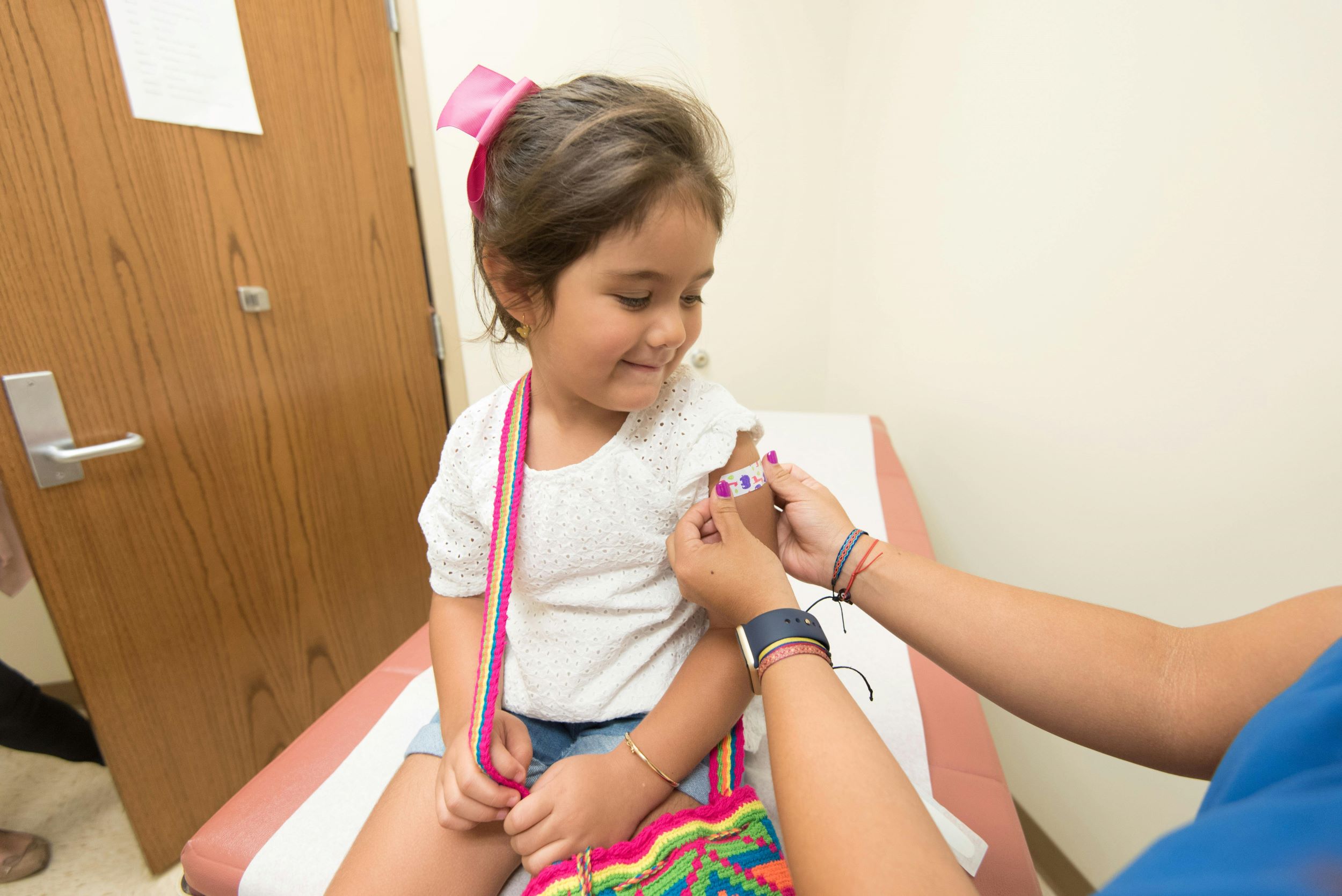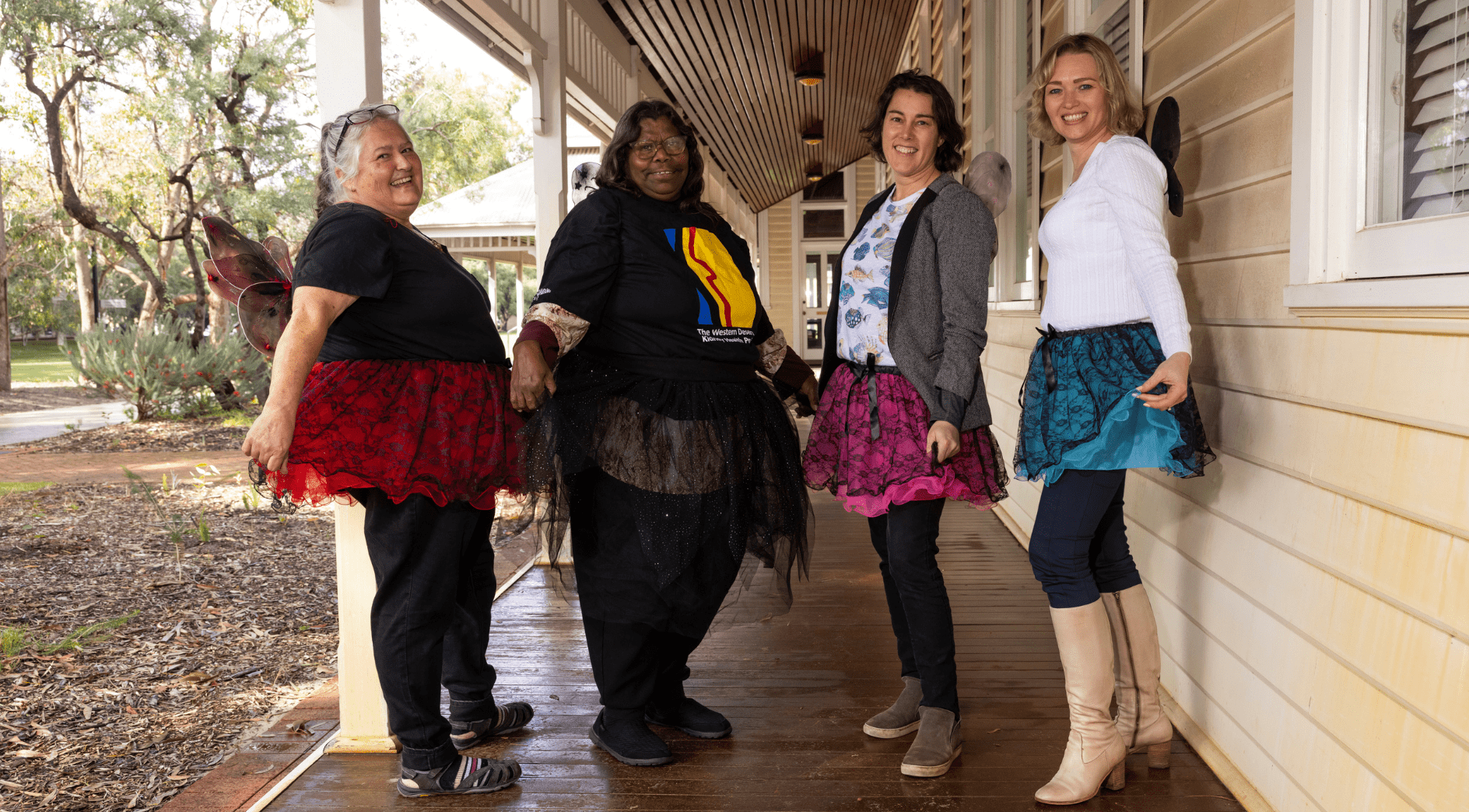Search

Exploring the challenges to mental and physical health fathers face during their transition to parenthood.

The Mums Minds Matter study is comparing three stress-reduction training programs across a custom-designed app that is working to increase long-term mental health skill application among perinatal women.

Exploring whether urinary ferritin can be used as an alternative biomarker for measuring iron status in young children over blood draws.

This study examines the impact of nutrition-related maternal, infant and childhood health outcomes and healthcare utilisation.

This study aims to examine how a Mediterranean diet and exercise in pregnancy impacts on neonatal body fat composition at birth and weight at one year of age.

Research shows at least a third of newborns receive formula in hospital, a practice shown to be associated with an increased risk of cow’s milk allergy.

Antibiotic dysbiosis and probiotics trial on infants

This sub-project aims to fill the gap in knowledge of the effects of climate change on child health and wellbeing in Australia, and to propose data-driven adaptation trials to counter the most serious impacts.

This Australian-first study will simultaneously identify childhood exposure to heavy metals in regional and remote communities and provide these communities with training in drinking water quality, STEM and dental hygiene.
